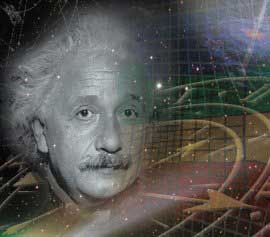 According to a recent international study by the Supernova Legacy Survey (SNLS), dark energy plays a crucial role in the expansion of the universe and may be equivalent to Einstein’s cosmological constant.
According to a recent international study by the Supernova Legacy Survey (SNLS), dark energy plays a crucial role in the expansion of the universe and may be equivalent to Einstein’s cosmological constant.
SNLS, an international collaborative organization consisting of 40 members, including around 20 researchers from the French National Center for Scientific Research (CNRS) and the French Atomic Energy Commission (CEA), has conducted extensive research into the source of “dark energy” and its nature. Astronomers have measured the distances of 71 supernova explosions, with the farthest explosion occurring when the universe was only half its current age.
During the measurement process, CNRS and CEA observed that distances could be determined if “dark energy” behaves like Einstein’s cosmological constant or according to several other hypotheses. The distinguishing factor among these theories (regarding the cosmological constant) is whether dark energy expands or does not expand in relation to the expansion of the universe. However, recent experiments by SNLS indicate that there is no expansion, and thus, “dark energy” is equivalent to Einstein’s cosmological constant.
In 1917, Einstein introduced the cosmological constant into his equations to support his idea that the universe was in a static state. However, 30 years later, he had to admit his mistake and endorsed the theory that the universe could expand. Nevertheless, Einstein’s constant has gained popularity since 1998, when a mysterious source of energy known as “dark energy” was discovered, accounting for 73% of the universe’s total matter.
This energy exerts a tremendous push, surpassing all gravitational pulls between the various components of the universe. No ordinary matter can explain this phenomenon.
According to scientists, Einstein’s constant helps explain the development of the universe and enables us to understand it better.


















































